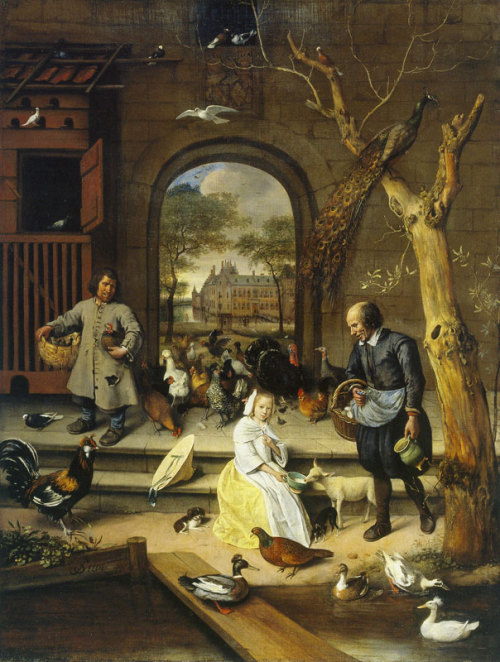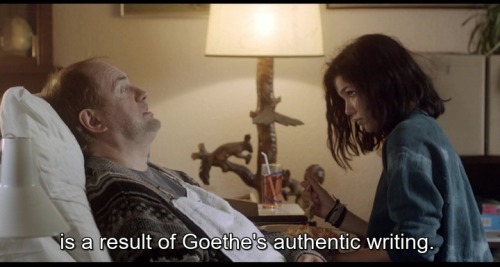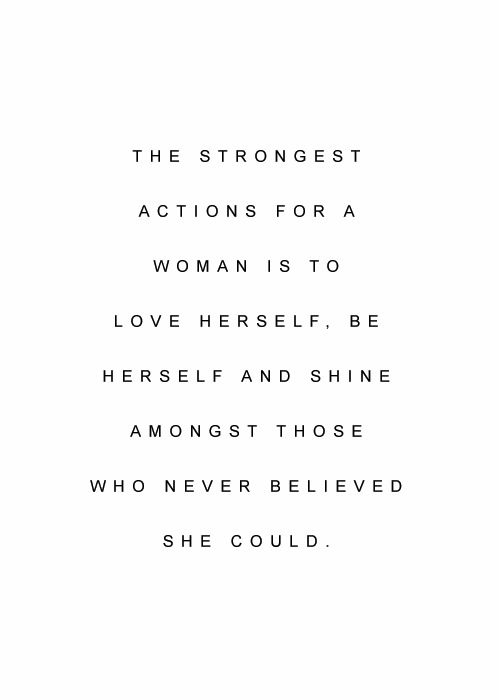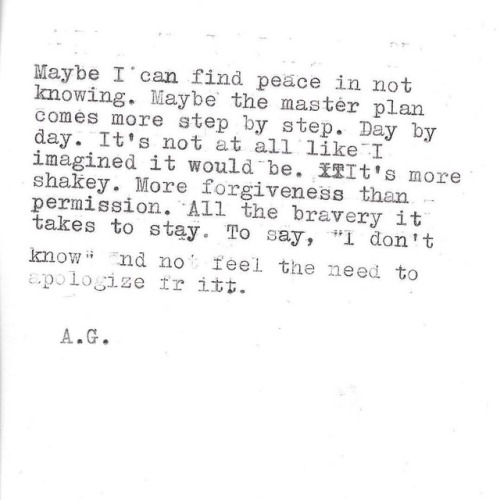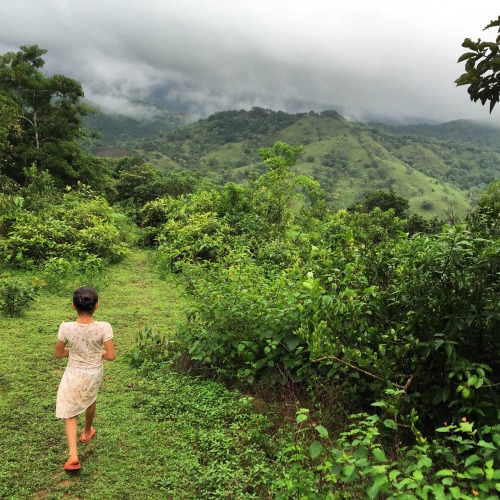#authencity

Only way I know how to be ✨



Instagram: Montiiii_Kapri
I’ve reached level 25 (officially referring to birthdays as levels from now on )
I know that when i was 20, I was a totally different person; I mean I was in the closet ️ and married to a man. So…big changes happened in my life in just 5 years I finally came out as a lesbian and left my husband, told my loved ones about my ADHD and PTSD and am now the most authentic me I can be.
I’m excited and nervous to meet the level 30 version of myself

How have you changed in the last 5 years? What shit about yourself are you currently working on? (I’m working on my executive functioning skills)
Source:thepracticalbalance

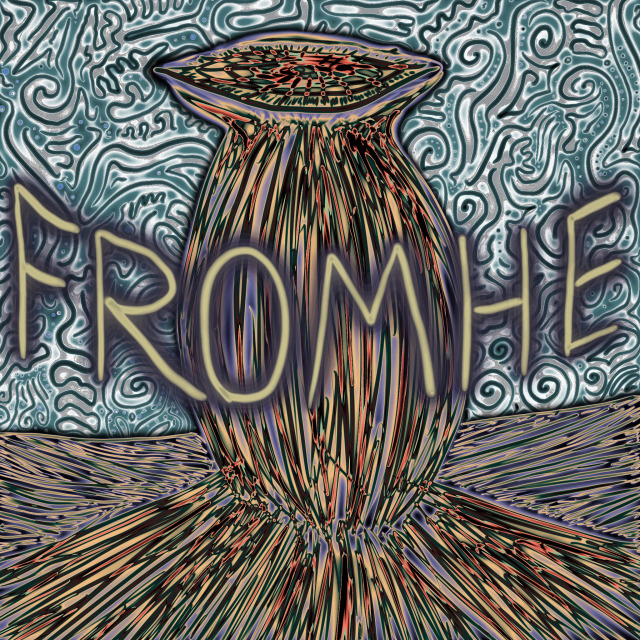 ALT
ALTDay 21, shape
Keep on dying✌️ headache added today
But in general I do really like today’s result
“At first they’ll ask you why you’re doing it. Later they’ll ask you how you did it.”— Unknown
“And I truly believe that my sexuality is a part of my path. It is not an unfortunate detail to be overlooked, it is not an unhealthy desire or a crude lust to be repressed and reprimanded, it is an expression of love and a simple fact. I am no stranger to the sting of rejection as a result of my queerness, but such pain has given me courage, the bravery to be soft and gentle and loving in a world that wishes to stop my love and to silence my words. This is the beginning of acceptance, this is the start of hope.”
-on internalised homophobia and the reconciling of two different loves.
Happy International Women’s Day!
‘When women support each other incredible things happen’ and Sudara are helping women in India to rebuild their lives after escaping sex slavery, through their non profit clothing label for women, men and children. A powerful example of how business and consumers can be the change and empower people through ethical trade.
Shop online at www.sudara.orgPost link
I typed this a week ago. I was going to trash it, but didn’t. Instead, I decided to post it here. It’s written on the back of a birthday card from my grandmother. Nothing about it is polished or perfect. It’s not pretty. Or easy. And sometimes neither am I.
…
I want to be able to say: I am sad today. Things are heavy, but it’s ok. I want vulnerability to be my strength, not my weakness. The world needs more of that kind of silent bravery. Even if it’s as simple as posting the messy and uncurated versions of me. Even if I think sometimes I’ve written all the words I’m ever going to write.
…
We’re more than the pretty photos and hashtags. I think we can be the typos, and the silence, and the sadness, too.
Post link
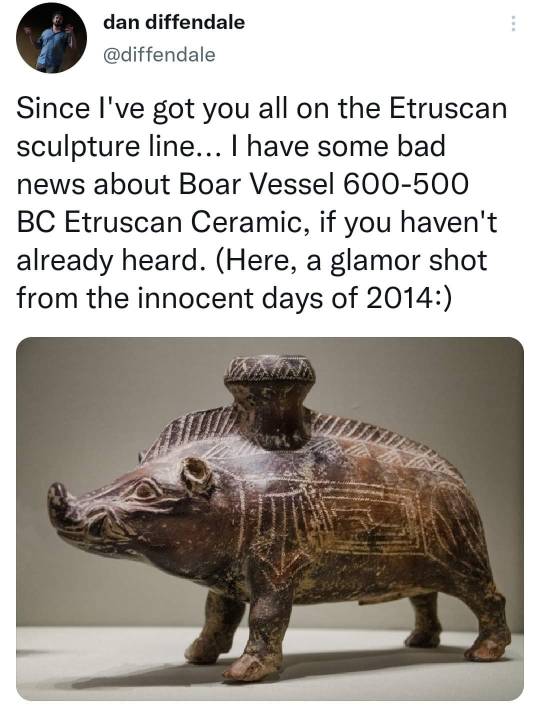

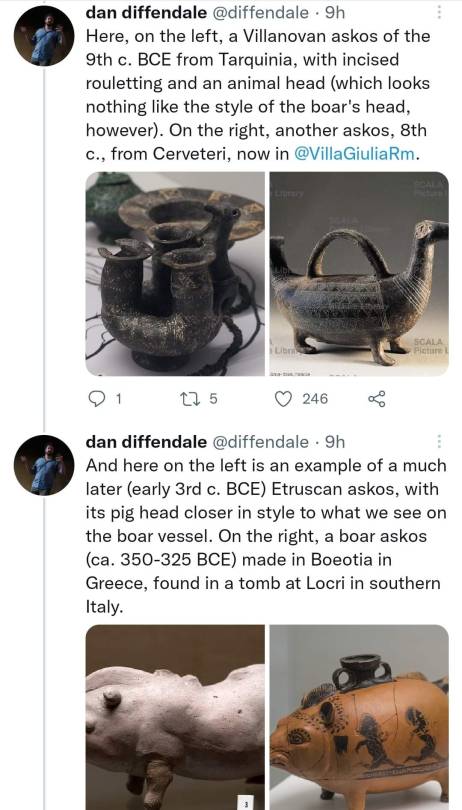
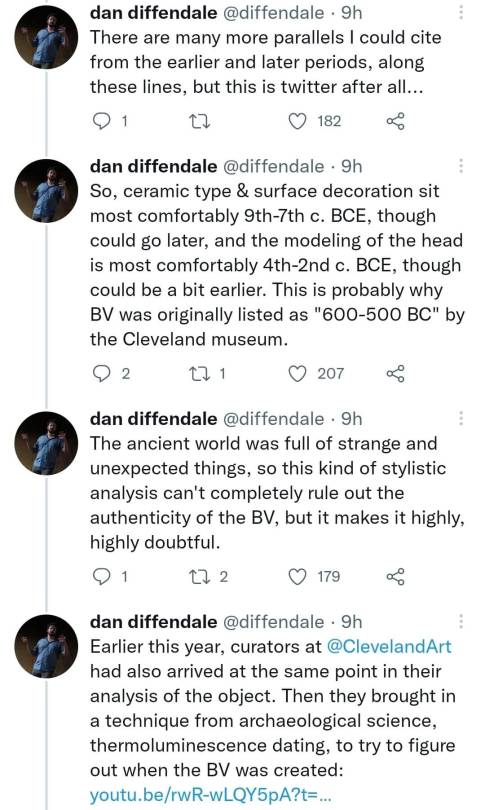
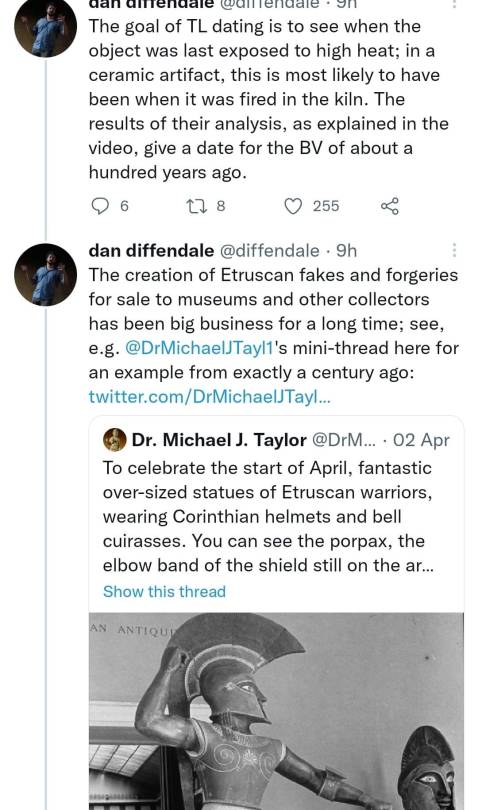

Y'all hear that Boar Vessel 600-500 BC Etruscan Ceramic is fake?
In all seriousness, this thread was written by a classical archaeologist from the University of Michigan. Very interesting thread about antiquities and authenticity. I just wish boar posting could have been spared.
Amman Jordan
Subhanallah
Autism and authenticity
I was reading through @/ theautisticlife’s Instagram stories earlier and was really struck by her writing on authenticity. Many autistic people feel the need to mask, and hide parts of themselves that are incongruent with dominant social norms. This makes it easier to be accepted by neurotypicals, but it comes at a great cost to their mental health.
On the other hand, some autistic people never really mask that much. We’re true to ourselves in the majority of scenarios, regardless of what other people might think. I fall into this category, and it made my life harder throughout elementary, middle, and high school.
My authenticity was off-putting and disorienting to many classmates, who weren’t used to their peers being so sure of themselves and what they believed. As a result, I was informed many times that certain people “didn’t like me,” but they were never able to pinpoint specific reasons. I never did anything particularly mean, rude, or insulting to others. I wasn’t selfish, or manipulative, or aggressive. I just did things that I felt like doing, wore things I felt like wearing, and said things without worrying too much about what others would think. And for some reason, that scared people.
Sometimes peers would make comments about my appearance, mannerisms, etc. Or they would ask me why I was doing something. For example, I stopped shaving my legs and armpits in freshman year of high school, because the only reason AFAB people are taught to is because of a capitalist ploy by razor companies. There’s nothing “unhygienic” about it at all. So once I learned that, I just stopped shaving, because it didn’t make sense and I didn’t want to. But when I changed for gym class in the locker room, sometimes people would make comments: “Your legs are hairy,” and “Your armpits aren’t shaved.” My reply was always, “I know.”
Funnily enough, some of those people followed suit in later years, once they realized the same things I had realized prior, and decided that they also didn’t care much for capitalist beauty standards.I was just ahead of the curve.
I’ve always been myself. I don’t compromise my values for the acceptance of others. If something doesn’t feel right, I don’t do it. If something is morally wrong, I tell people what I think about it. This is what has caused people to dislike me in the past: my authenticity threatens the validity of their conformity.
People follow along with the crowd because it’s safer, because they know they’ll be protected by their peers. But what if the crowd is doing something wrong? What if the crowd is harming others? People don’t want to know, because it calls into question their reasons for following along with the group in the first place. It makes them feel like their safety net might collapse. It forces them to challenge their worldview.
One of the most interesting stories I’ve ever experienced because of this, started with a fraught invitation to a Christmas party in 8th grade.
I was friends with two people in the group, and friendly acquaintances with most. One of the people I was friends with invited me to the group’s annual Christmas party, but apparently didn’t tell the others that she had invited me until about two weeks beforehand. When she informed the rest of the group that she had invited me, all hell broke loose in their groupchat.
Most people were neutral on the subject, but two people in particular were vehemently opposed to my presence. One of them even went so far as to say that she hated me. Reasons cited by the two of them were that I was weird, that I didn’t get along with other people (which was a strange thing to say, given that they barely knew me), that I would ruin the party, and that I didn’t deserve to come.
You can imagine how I felt when the people I was friends with sent me screenshots of that conversation. It was deeply confusing and hurtful to me, and it only exacerbated my already prevalent anxiety about what others were saying about me behind my back. I spent the night crying about it to my mom, and she let me stay home from school the next day.
After school on the following day, I started to get texts from people in that friend group. They were worried about me, and wanted to make sure I was okay. I told them I was fine, that I took the day off. Then, I got a text from the girl who had said she hated me only 24 hours prior.
She apologized for everything she had said, and told me she had been worried sick all day when she realized I wasn’t at school. Then, she said something interesting. She told me that she didn’t actually dislike me, but rather that she felt threatened by me because I’m always so true to who I am. She said, “You’re a better person than me,” and explained that because of that she felt insecure, and lashed out. I told her that I understood, and wouldn’t hold the incident against her. And I thanked her for being honest with me.
I think that’s one of the most important, illuminating conversations I’ve ever had in my life. And it fits in perfectly with everything I’ve discussed so far in this post. One of the main reasons autistic people are bullied, ostracized, excluded, etc. is because we amplify other people’s own insecurities. Our honest, unassuming demeanor puts a mirror in their faces and forces them to confront who they are, what they think, and how they truly feel. It makes people call into question the things they’ve been taught to think and feel, and opens up the possibility for more authentic ways of relating to others. To neurotypical middle schoolers especially, that prospect is frightening.
I think that’s why, as my peers have gotten older and started developing a stronger sense of who they are, it’s gotten much easier for me to interact with them. Because now that they’re secure in themselves, they have a much greater capacity to understand that my existence isn’t a threat to their personal lives. And they can actually appreciate my personality, without being scared off by my strong passions and interests.
I’m sure I’ll always face some challenges of this sort, given that social cohesion is an important aspect of the way neurotypicals operate in the world. But luckily I’ve been able to make friends with other autistic and neurodivergent people, who understand me and support me in all my endeavors. I used to wonder if I’d ever be able to make lasting friendships, where the other people truly care about me and love me for exactly who I am. Now I know the answer: yes.
~Eden




Ig: @Klarity_L


